My Fair Lady Mangos Shortly after booking my flight to Panama, I learned that there had…
Back To My Farms In Panama…
I had a fantastic trip to Panama at the end of May. In addition to completing the process of getting my Cedula (the government ID card that goes with my permanent residency visa), I had dinner with several friends who live in Panama City, spent a couple of days playing tourist and visited my teak farm in the Darien Province.
But my primary purpose was to visit Simply Natural Farms’ plantations and see the condition of my trees.
Simply Natural is a vertically integrated organic produce company that, in addition to farming their own land, sells land and greenhouses to investors like me and then manages my crops. They also conduct the harvest and handle the processing, packaging and sales, primarily to retailers (instead of wholesalers) to ensure the highest return on my dollar.
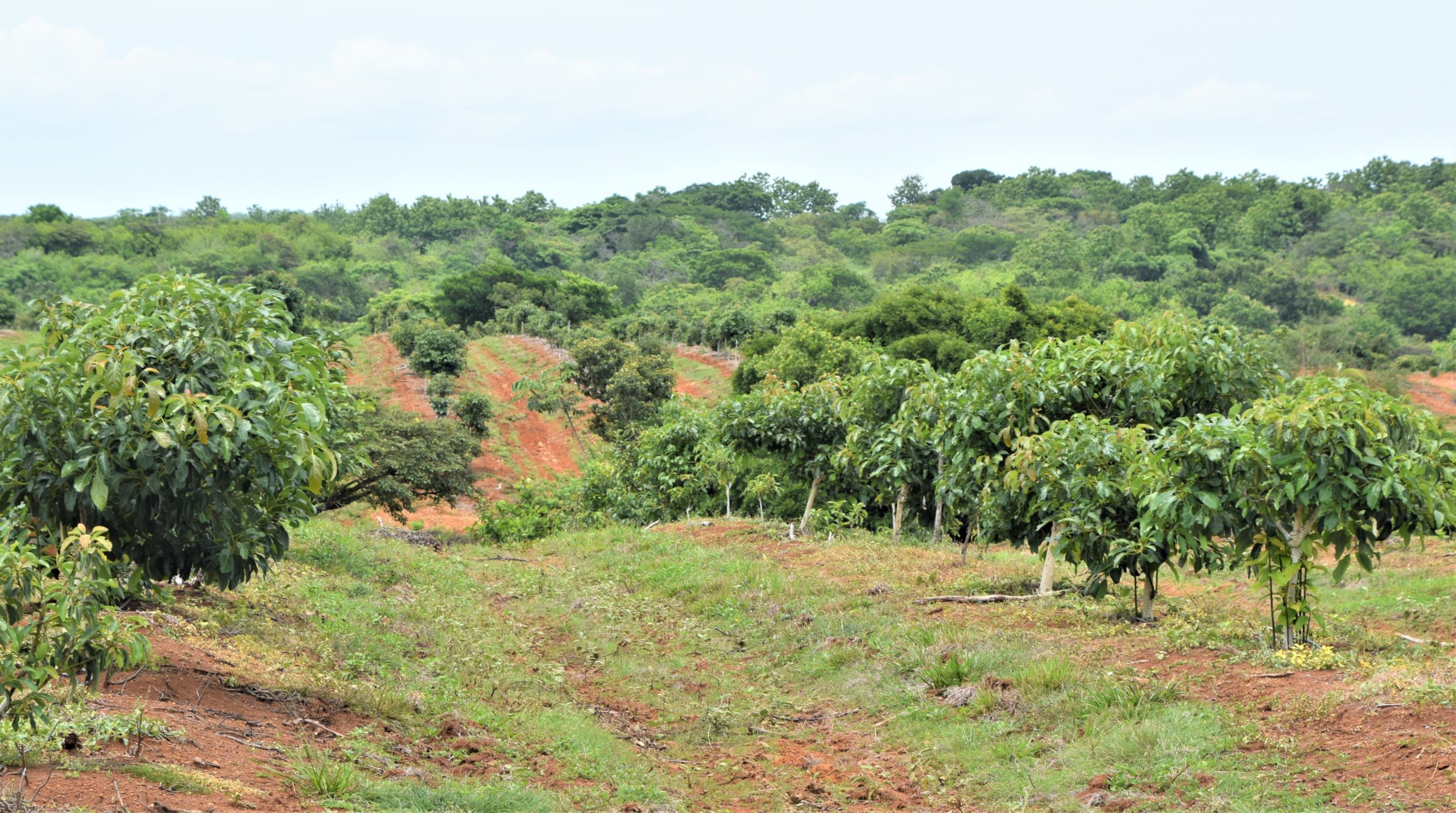
Avocado trees on the San Francisco plantation
I typically get down to Panama twice a year and was planning a trip in May of 2020 when the pandemic hit, so it really felt great to get back. We’re entering the rainy season and it rained pretty hard before my arrival but the weather during my stay was sunny and glorious.
Read related: Visiting the Farm in Panama
I spent about two days visiting four of the Simply Natural plantations. I knew ahead of time that the Covid-19 pandemic had taken its toll on my farms (there was no significant harvest last year), so I really just wanted to know what the farm management team was doing to secure the long-term value of my investment.
How Covid Impacted Panama
No matter where you live in the U.S., Canada or Europe, nothing compares with the near-total lockdown experienced in Panama. Unless your job was deemed essential, for nearly nine months you were allowed outside of your home a total of six hours per week; three times per week for two hours at a time. Go back and re-read that last sentence and let it sink in.
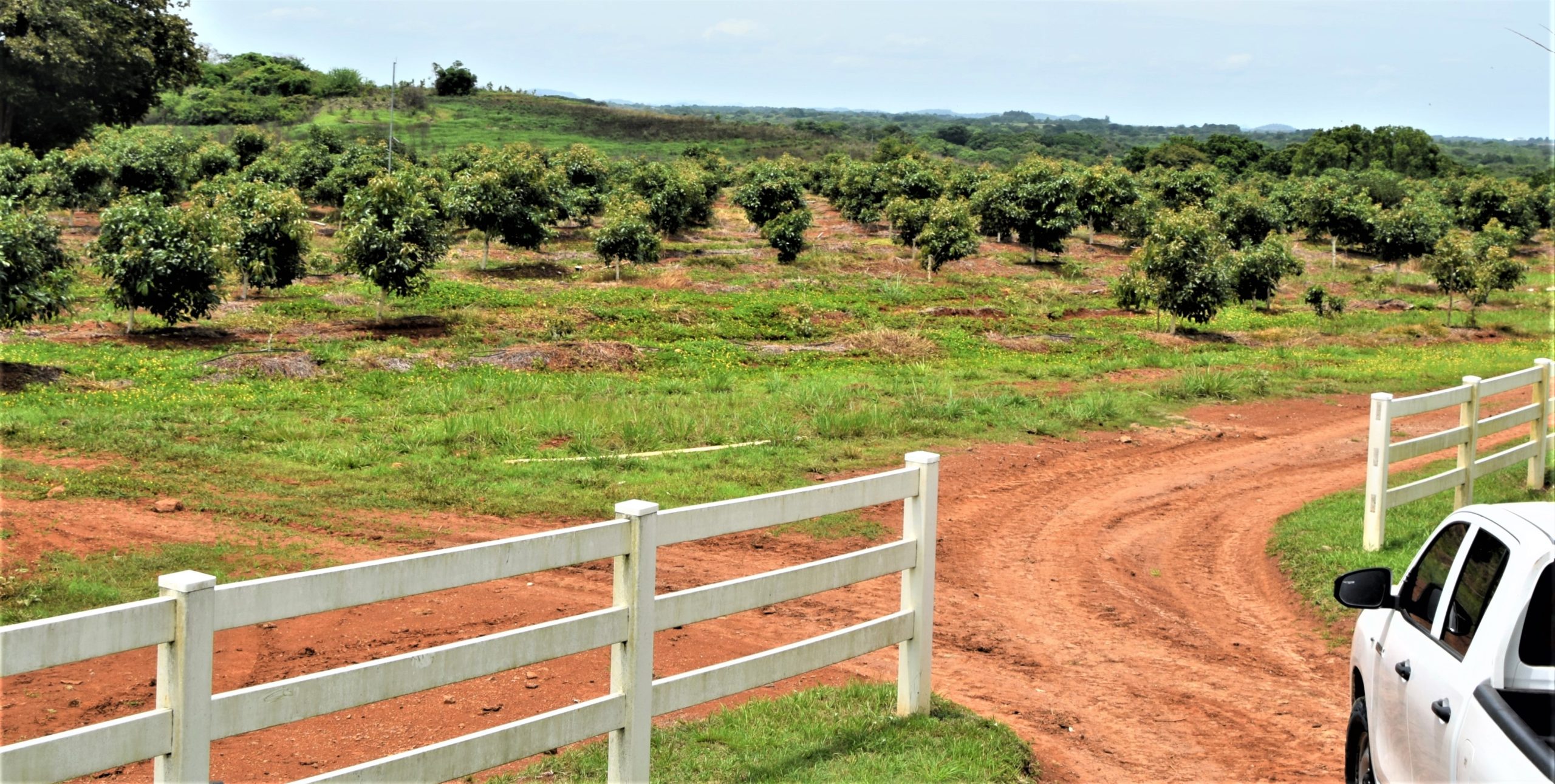
Entering the San Francisco plantation
When you ventured outside of your home, you were allowed to go to the doctor, the pharmacy or shop at a grocery store. That’s it.
There will be arguments for years to come about the necessity and/or efficacy of these measures, but no matter how you slice it, this lockdown came at a tremendous cost of closed businesses, lost jobs and lost productivity.
Essential workers were given special travel documents to allow them to get to work… eventually. Bureaucracy is more than an annoying feature of government in Panama, it’s almost like it’s enshrined in the constitution.
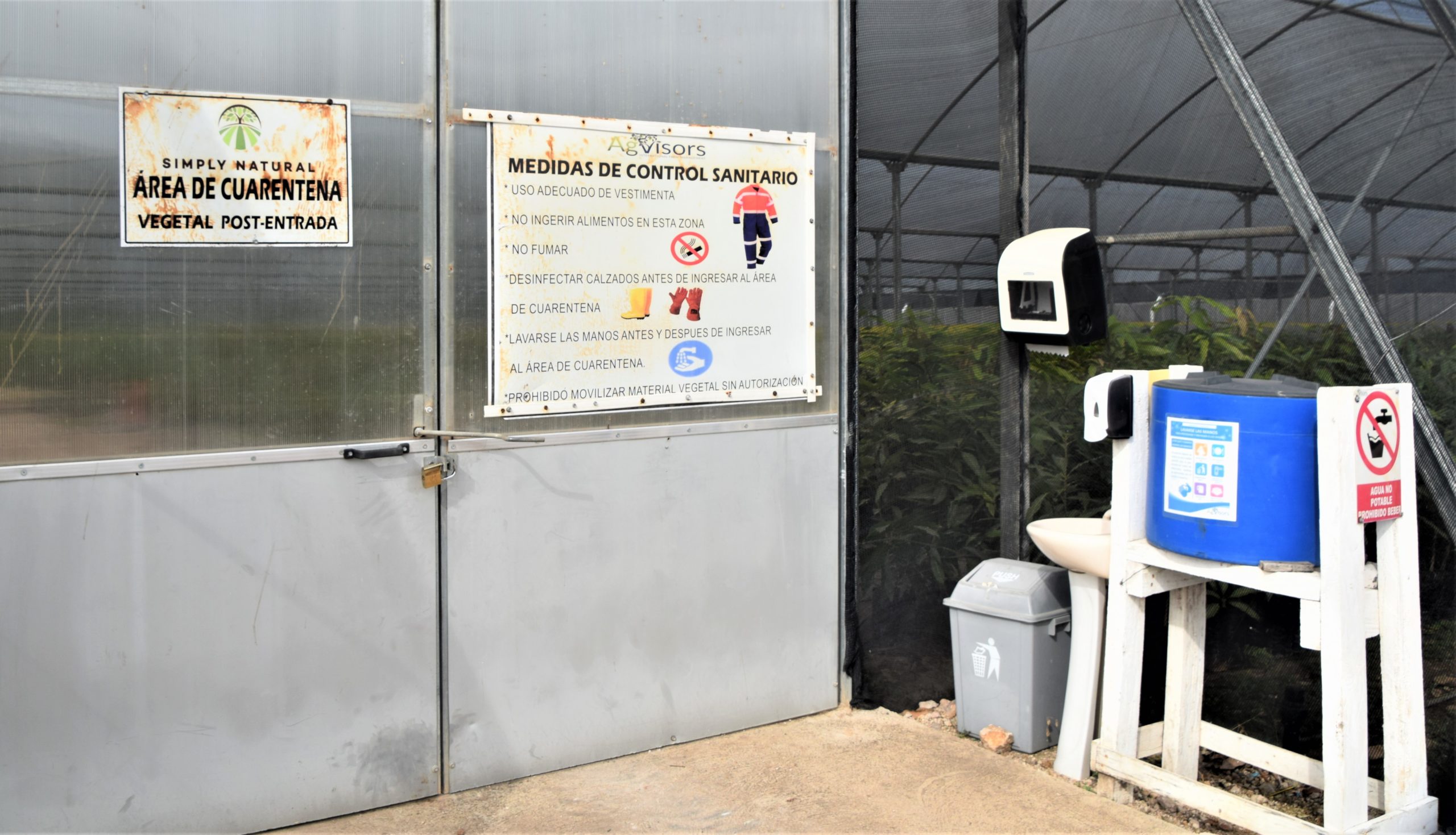
Greenhouse sanitation station.
It took weeks for the passes to be issued and then Coclé province, where the largest Simply Natural plantations and the field offices are located, refused to recognize them for additional weeks.
Once farm workers were finally allowed to travel to work, they were further delayed because the common form of transportation – the bus – had their capacities limited to ensure social distancing. Most workers don’t own a car, they depend on the buses, and because of the restrictions, they might show up at 1:00 PM instead of getting to work at 7:00 AM.
On top of that, the government hyped Covid-19 as much more than a dangerous pandemic and made it sound like the Black Plague. As a result, many farm laborers simply refused to work. The lack of trained personnel seriously impacted the plantations.
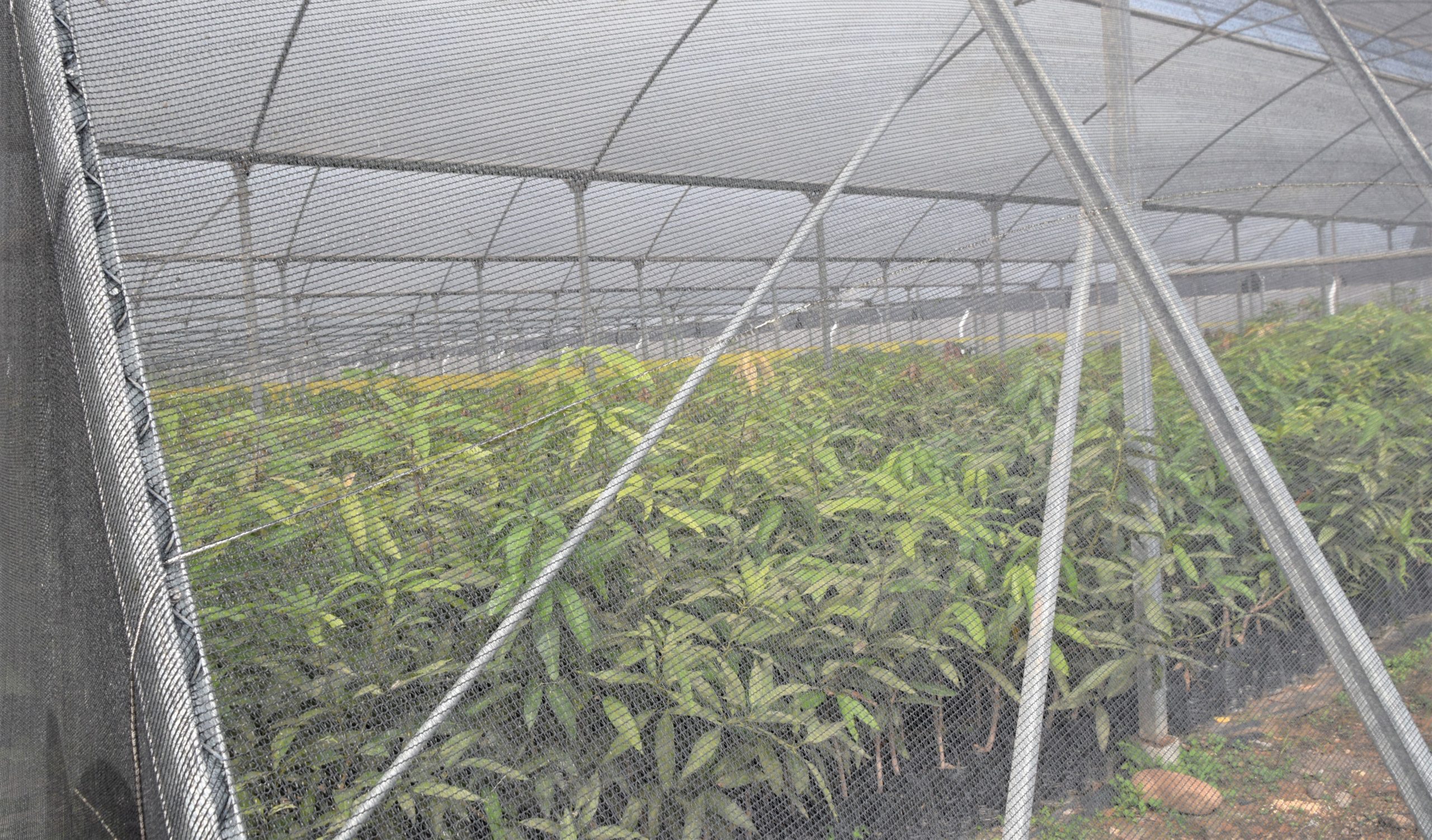
Saplings in a greenhouse ready to move to the field.
Simply Natural suffered from canceled food and beverage industry contracts (restaurants, bars, hotels, cruise ships) and international transportation disruptions also took their toll. Reefers (refrigerated cargo containers) were almost impossible to find and even if you could get your hands on one, you couldn’t be certain that your perishable cargo would get to market before spoiling.
Simply Natural gave away truckloads of produce to local governments for distribution, but due to lack of markets, transportation issues and labor shortages, many crops were allowed to rot on the ground; there simply was no alternative.
A good example of how the labor shortage impacted my crops is the hectare (2.47 acres) of Mangos I bought in 2016. Sustained early rains in the spring of 2020 caused flooding that led to extensive root rot on my hectare and those adjacent to it.
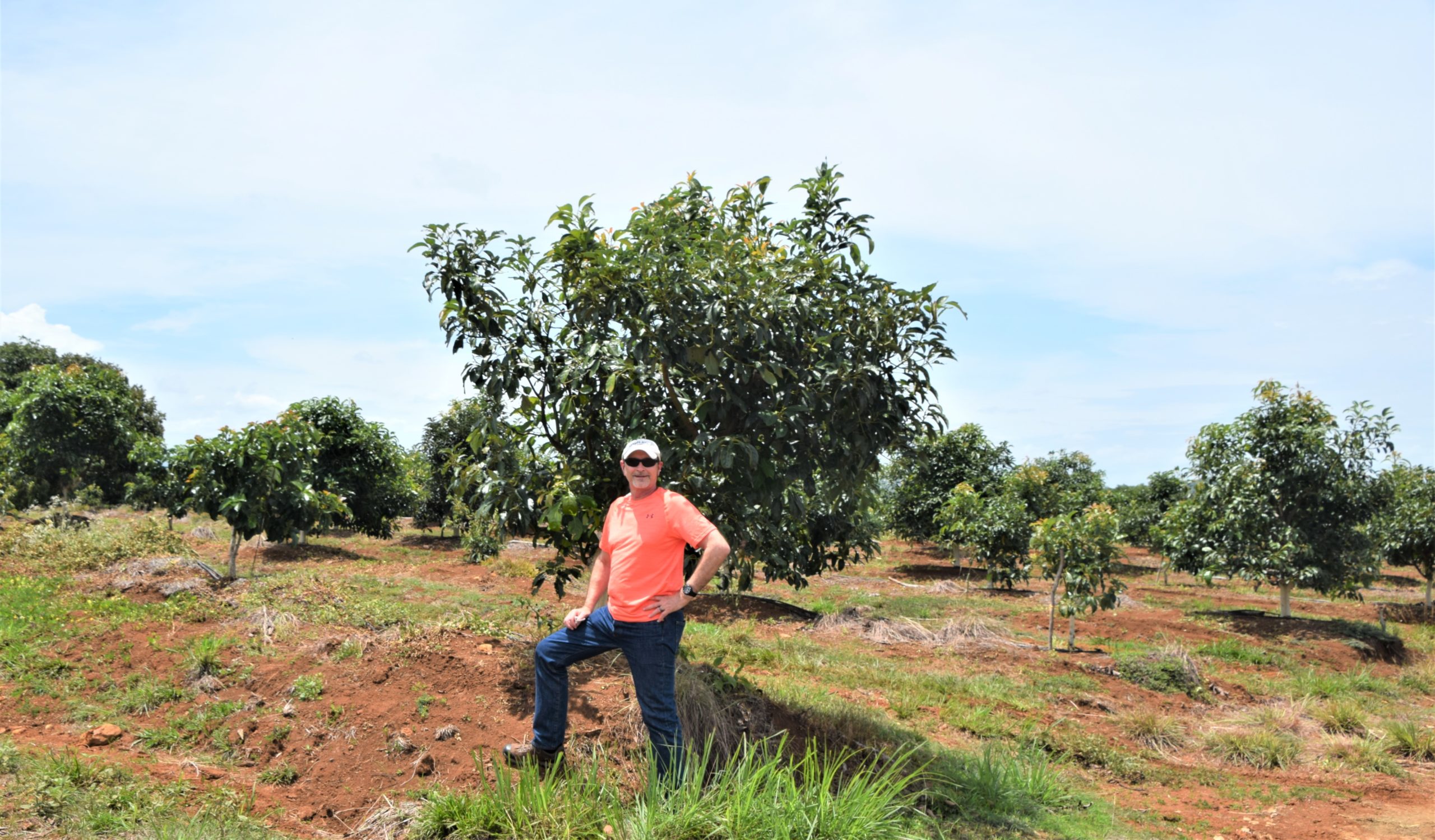
One of my avocado trees
In normal times, they would have sent out a couple of guys in a pickup with some shovels and a quickly-dug ditch would have carried the excess water away… easy peasy. Because no one could even check on the fields for over a month the damage was extensive and irreversible. All of my trees have to be replaced.
One thing I learned is that in situations where a young tree is not doing well but the rootstock is healthy, they can simply cut the top off and graft a new scion to the tree. As a part of their ongoing R&D, they experimented with a mango field and had a 100% success rate. This bodes well for some of the trees that suffered from the inability to maintain them.
A Year Of Losses, But Also Improvements
As the farm management team tried to stay ahead of the ongoing crisis, they quickly determined that the goal had to be harvesting what they could, while focusing on the future. Trees still need to be pruned, the irrigation systems maintained, new people trained, fields prepped for planting and new saplings grown in the greenhouses.
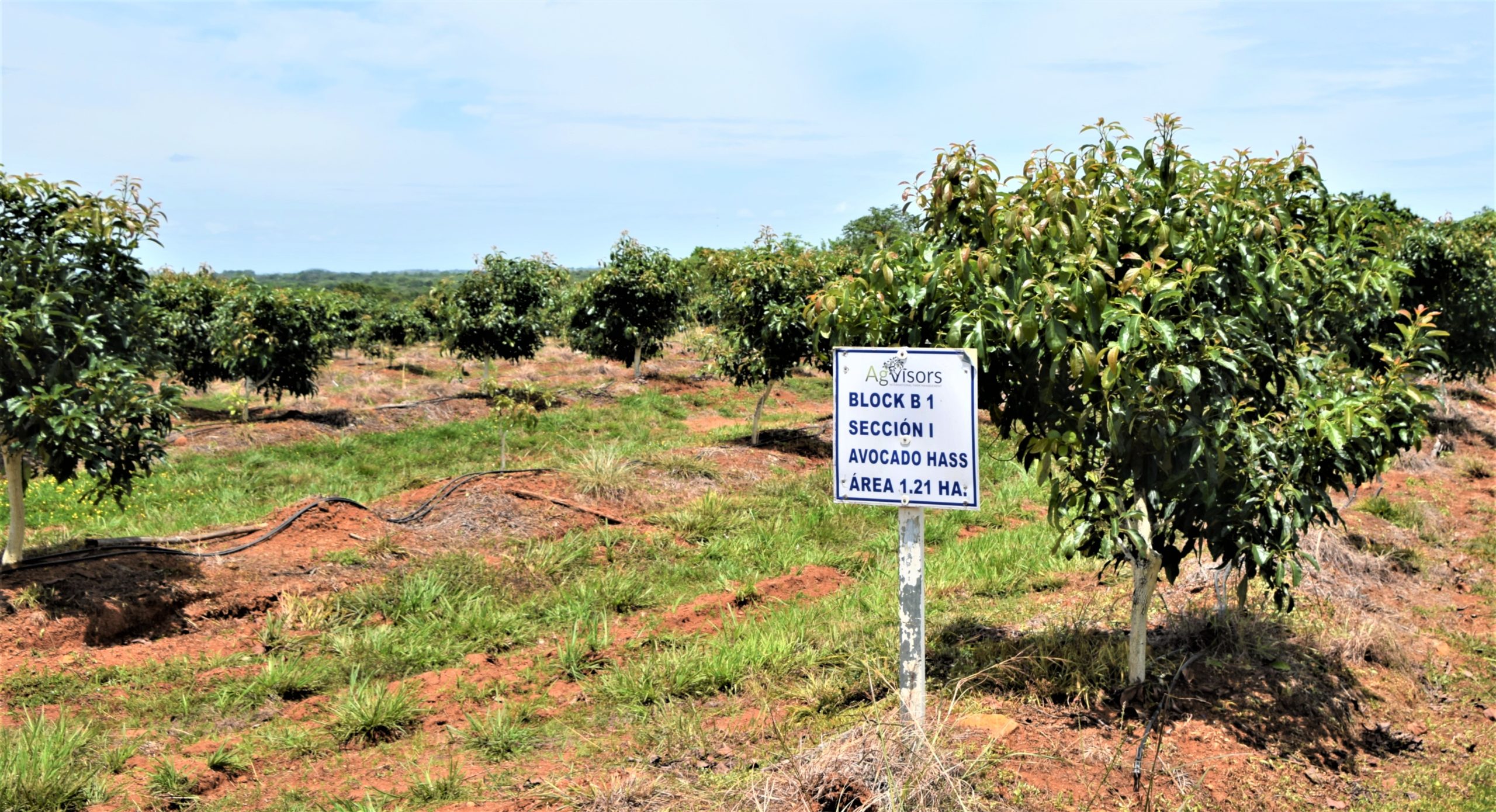
When I was there, that’s exactly what I saw… workers planting, laying irrigation lines, harvesting in the greenhouses and prepping the land for planting.
Farming is subject to the whims of Mother Nature. In Panama, that means any work requiring heavy equipment (digging ditches, land contouring, building roads, laying 60 cm irrigation pipes) must be done during the dry season (roughly December through April/May) and in 2020 the last two months of the dry season were spent in total lockdown.
Exacerbating the weather issues, farms can’t be developed without first getting the approval of multiple government agencies (remember what I said about bureaucracy?).
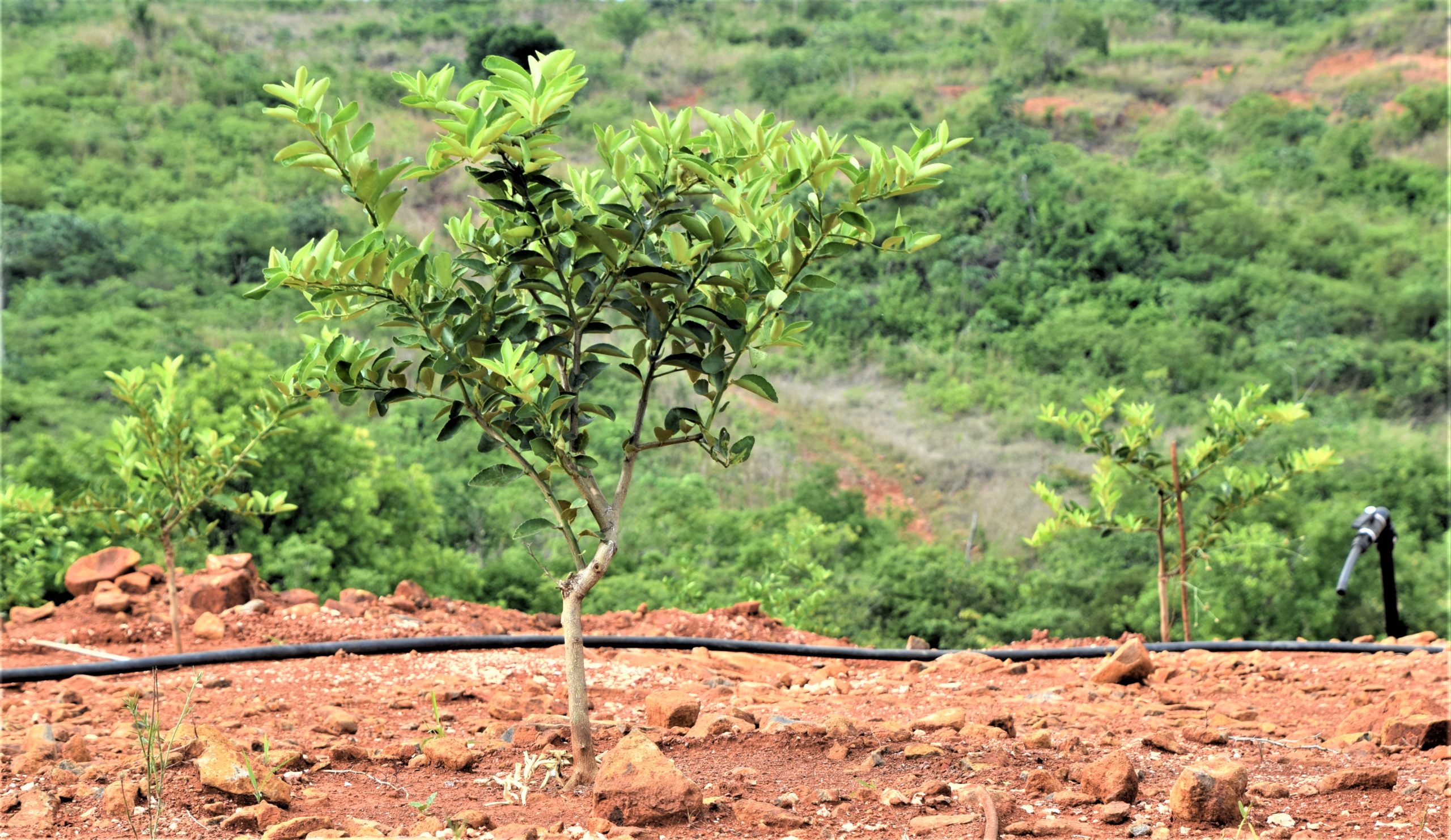
With 90% of the government shut down, development plans couldn’t be approved, which set back planting by at least a year. In some cases, plans were finally approved in the Spring of 2021, but just before the rainy season started so the land can’t be fully cleared and prepped until late this year. Even more delays. While this doesn’t impact me directly, it will certainly impact other farm owners.
I’d be lying if I said I was happy with the impact on my investment, but they clearly made the right decisions in the midst of ever-changing market conditions and regulatory environment to safeguard the long-term health of my five fincas. I didn’t make a dime in 2020, but Simply Natural worked hard to make sure I will profit in the future.
Honestly, I don’t know what more I could have asked of them. While trying to keep things on an even keel, plans were laid for expansion and to finish planting the existing farms. In addition, two major infrastructure projects were completed.
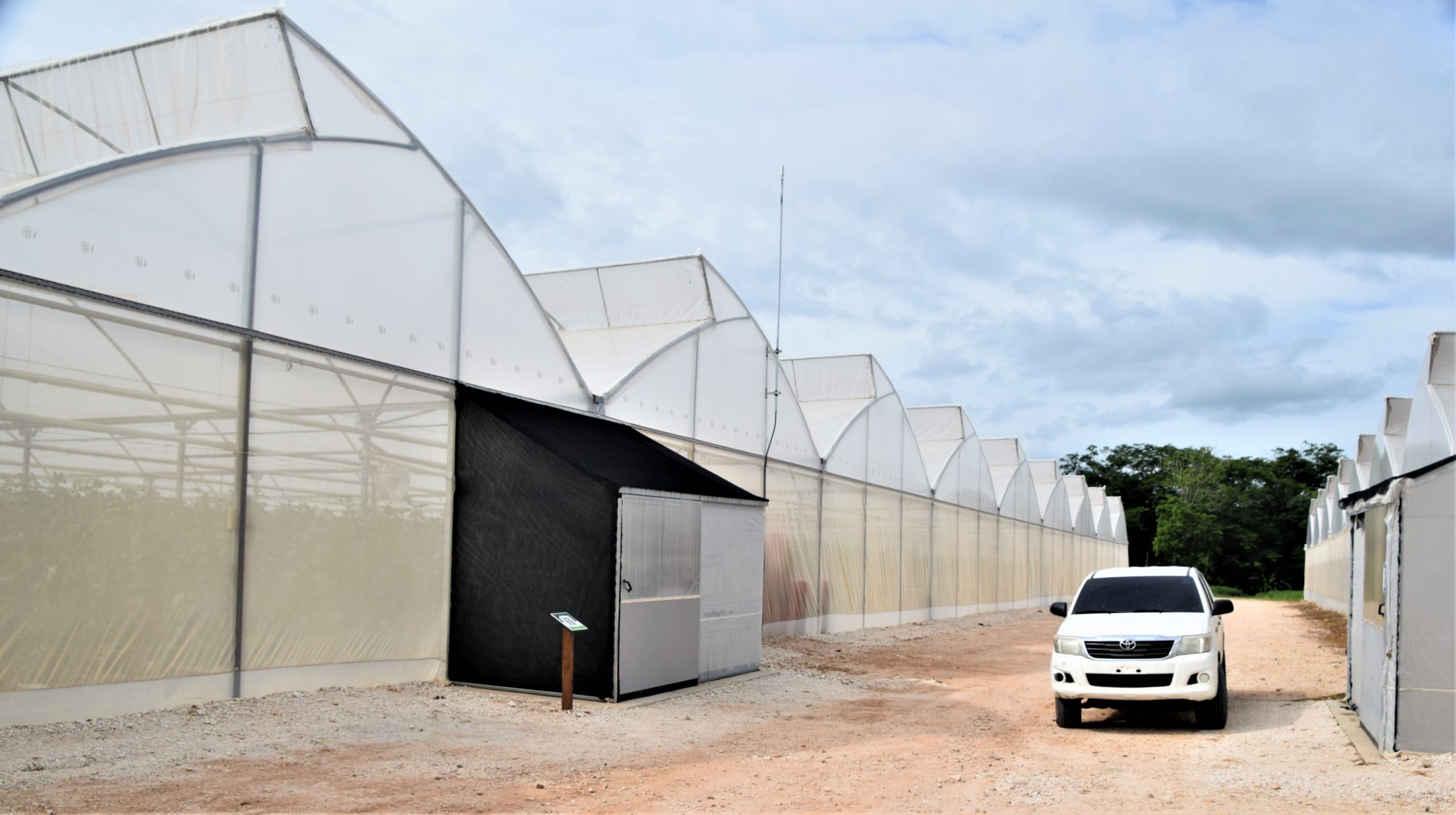
First, the original ten-hectare greenhouse complex has nearly doubled in size. Many are now being put into production as the environmental and irrigation systems have been installed.
Second, a huge pumping system has been completed on the Los Olivos plantation. The million-dollar-plus project provides the final link in the water redundancy chain and supplements rainfall, retention ponds and existing capped wells that were drilled throughout the plantation.
Now that this pumping system has been installed and tested, plans are being made to replicate the same system on all of the other Simply Natural plantations. Comprised of state-of-the-art self-cleaning filters and massive pumps, the systems will ensure that access to adequate water should never be an issue.
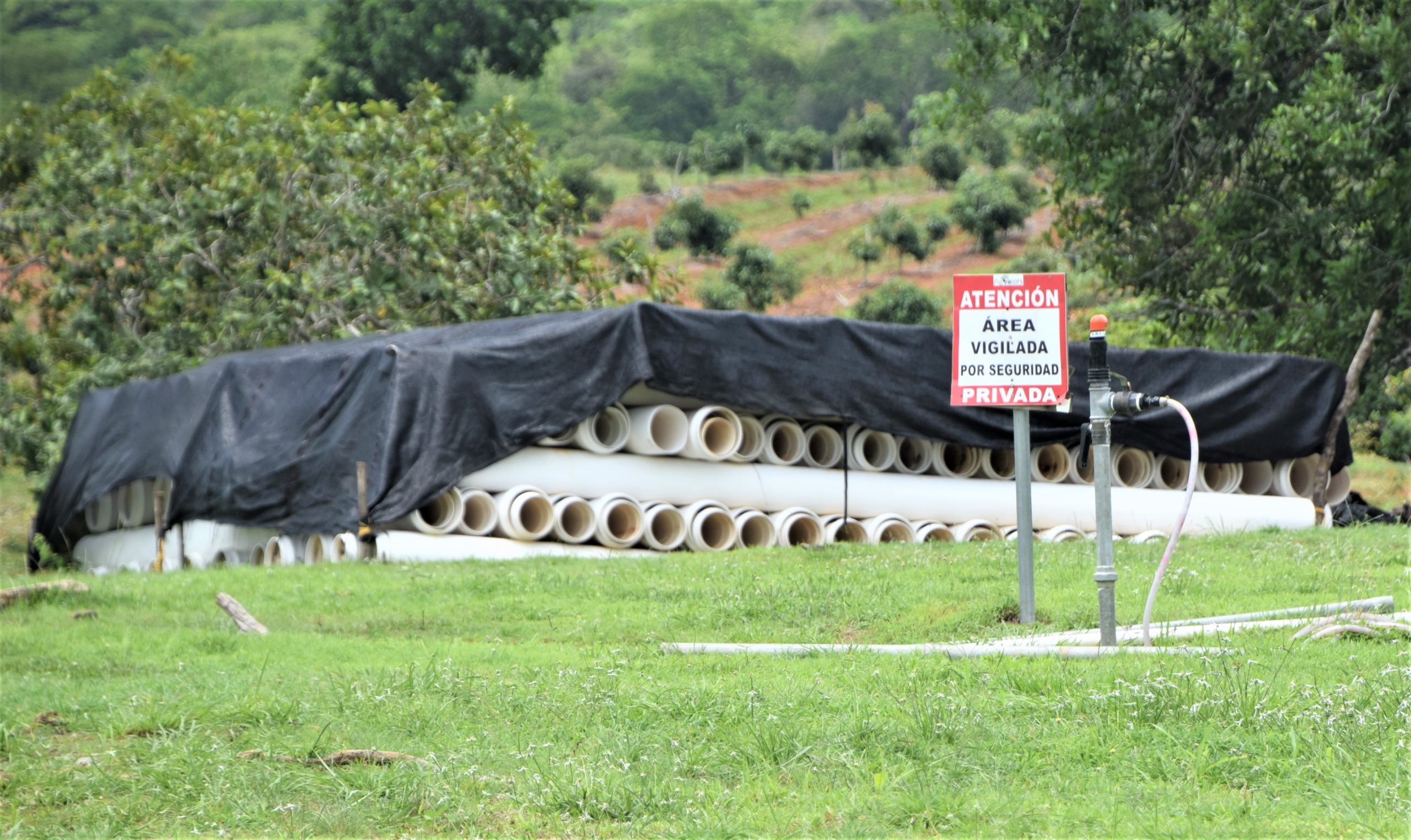
Taking Care of Their People
I was very impressed with the actions taken to protect the health of the employees. Even before the Panamanian government took action on March 25, 2020, Simply Natural saw the writing on the wall and prepared a corporate continuity plan that was quickly implemented prior to the shutdown being announced.
Office personnel began working from home, medical professionals were hired to routinely evaluate everyone on the plantations, semi-monthly Covid-19 testing took place and elaborate scheduling plans were put in place to enable social distancing.
It worked. Some farm laborers were told to go home because of their co-morbidities and as of the date of this post, only one farm worker has contracted Covid-19. That’s pretty amazing.
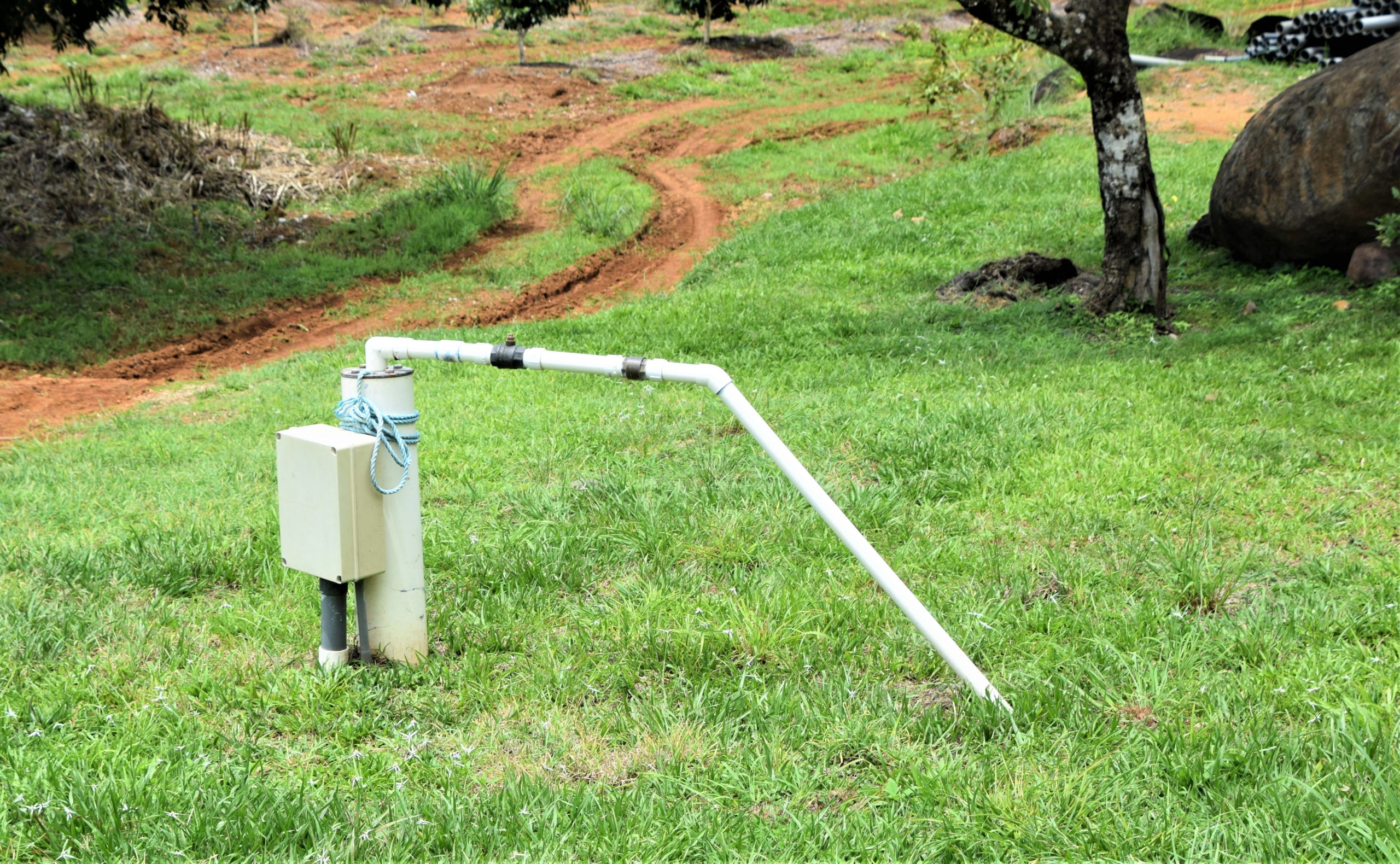
A Hopeful Future
Between coping with the annual rainy season, lack of farmworkers, excessive bureaucracy, a temporarily broken international transportation system and canceled contracts, it has been a tough year for Simply Natural and people like me who own the land.
Despite those challenges, I’m encouraged by what I saw and by my conversations with Simply Natural management. AgVisors, Simply Natural’s farm management company, has already made significant progress. Replanting began during the dry season and some of the efficiencies created to deal with the pandemic have been made permanent or modified to fit the new normal.
Simply Natural continues to make big investments in infrastructure, such as the Los Olivos pumping system and those to come. The new greenhouses will begin growing new crops, expanding the variety of produce to sell and a new greenhouse complex is planned for higher elevations so that crops like strawberries can be cultivated.
This is a company with a future and I’m glad to be a part of it.
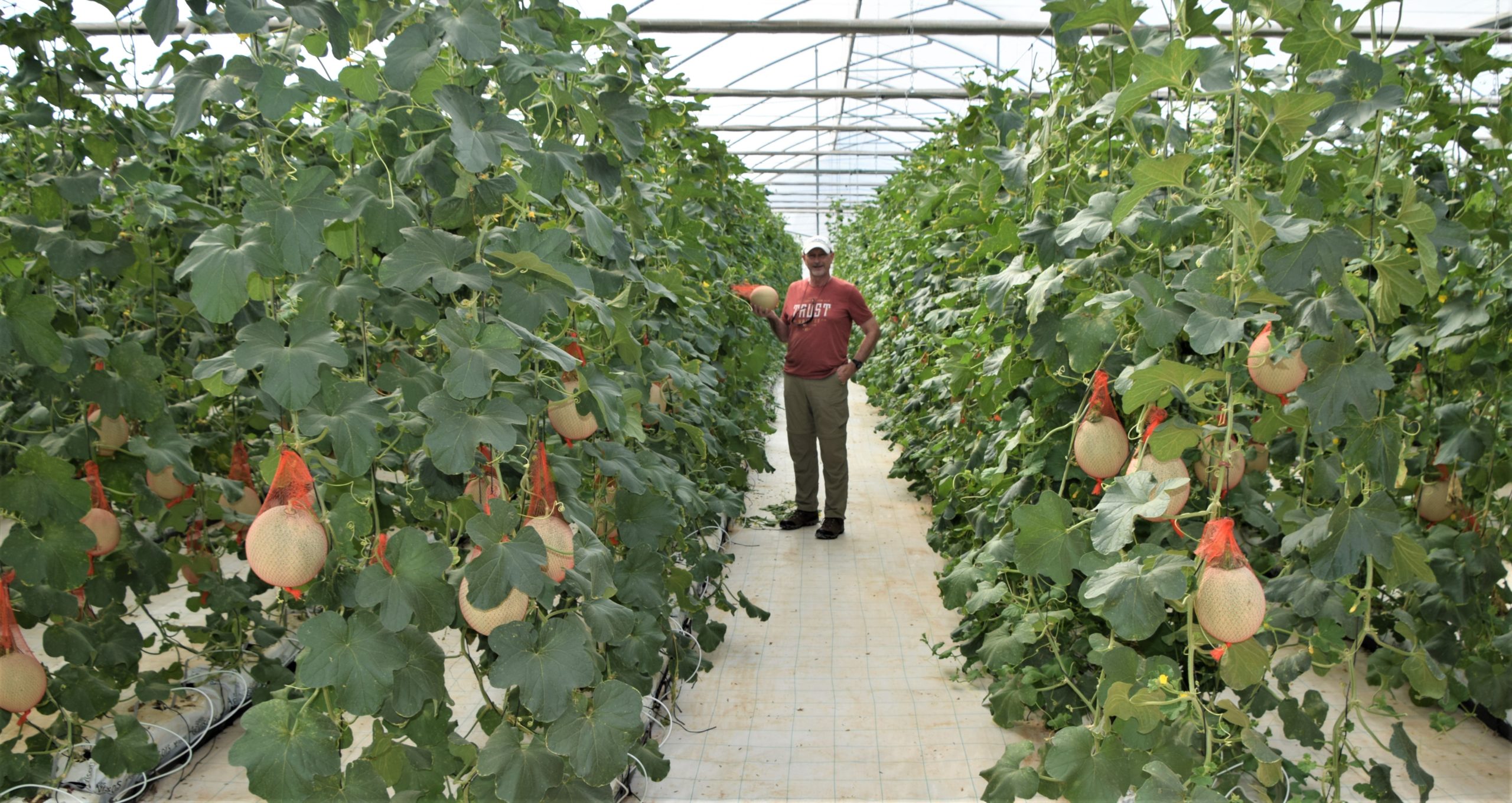
The Greenhouses
I’ve become a big advocate of greenhouses because they are easier to manage, provide better yields than field farming and produce greater efficiencies in the inputs-to-yield metric. I own one greenhouse and I’m about to invest in another with Simply Natural.
As mentioned above, Simply Natural had a ten-hectare greenhouse complex that they are expanding to twenty hectares on the Los Olivos plantation. They will also be building even more greenhouses in western Panama, probably in Chiriquí Province, in order take advantage of higher elevations and cooler temperatures.
The Simply Natural greenhouses use the same SupPlant irrigation system that is used in the fields. This system is the epitome of high technology being applied to agriculture.
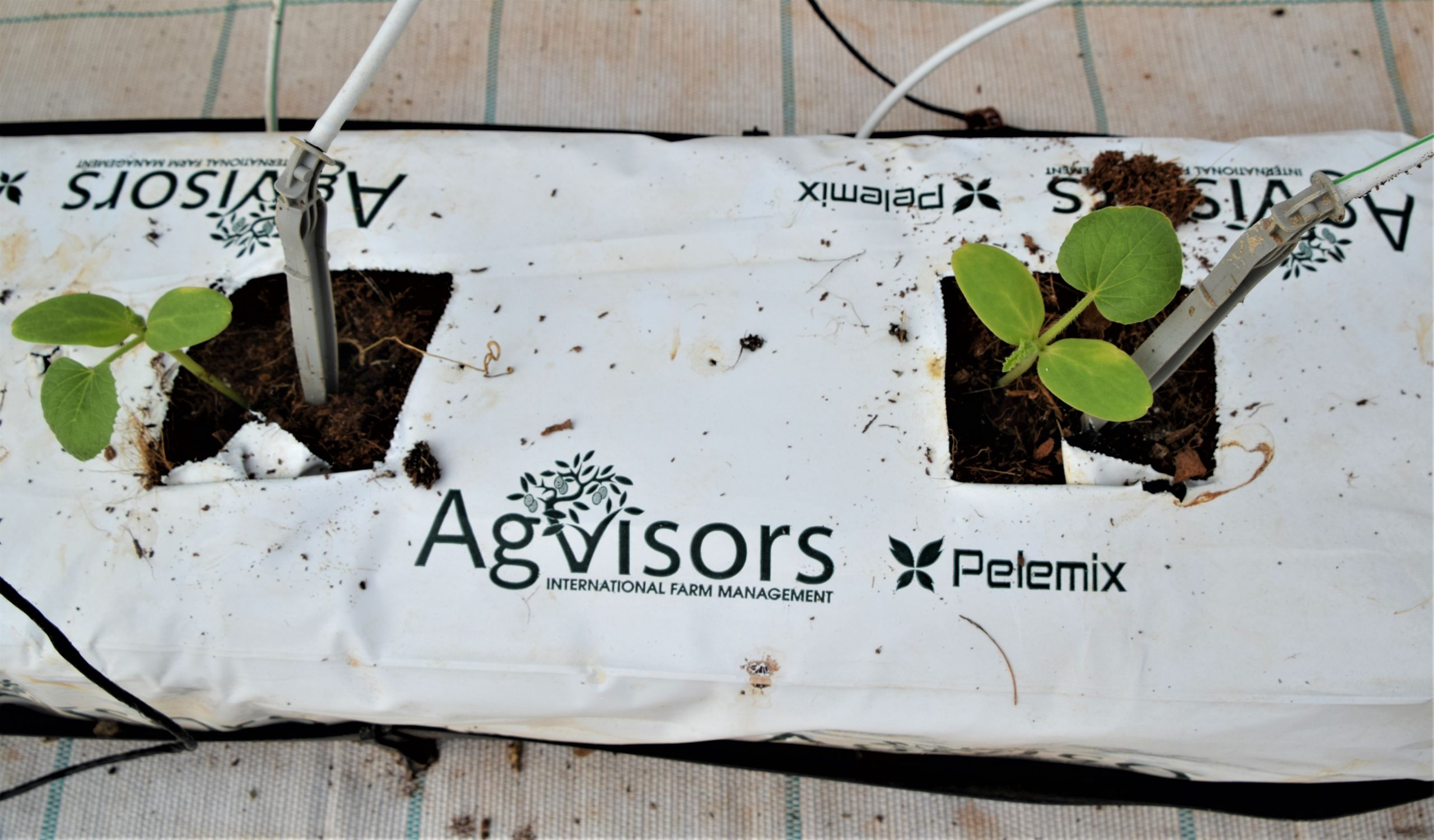
The SupPlant system uses drip irrigation lines that feed each plant individually; that’s fairly typical of greenhouse operations.
What sets the system apart is that there are also sensors placed in the growing medium that measure how much water is being consumed by the plants; there are miniature weather stations in each greenhouse that measure temperature, solar gain and humidity; and sensors are also placed on random fruit to measure growth in response to water and nutrient inputs.
Data is collected every ten minutes and instructions are given to the irrigation system using artificial intelligence algorithms to make sure every plant receives exactly what it needs. Millions of data points are compared using not only the information gleaned from the systems installed in the Panama greenhouses, but also from systems growing the same crops across the world.
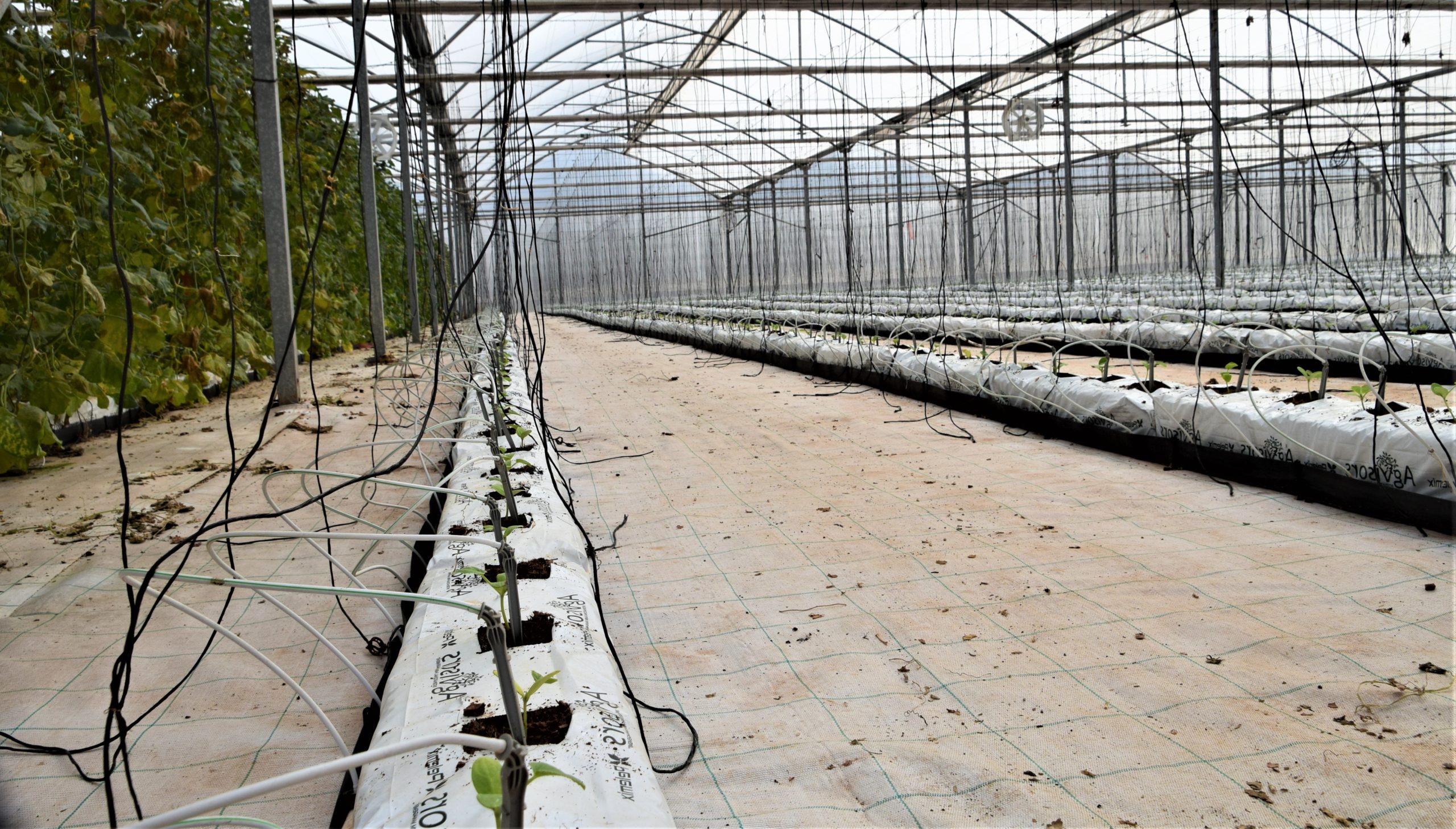

As an avid traveler, Brian has explored and enjoyed cultural encounters in over 40 countries while spending many years refining The Points Game — using credit card sign-up bonuses and other tricks to get nearly free travel. Getting the most out of every trip is an art and Brian launched My Travel Traxx to help others enjoy the art of travel.

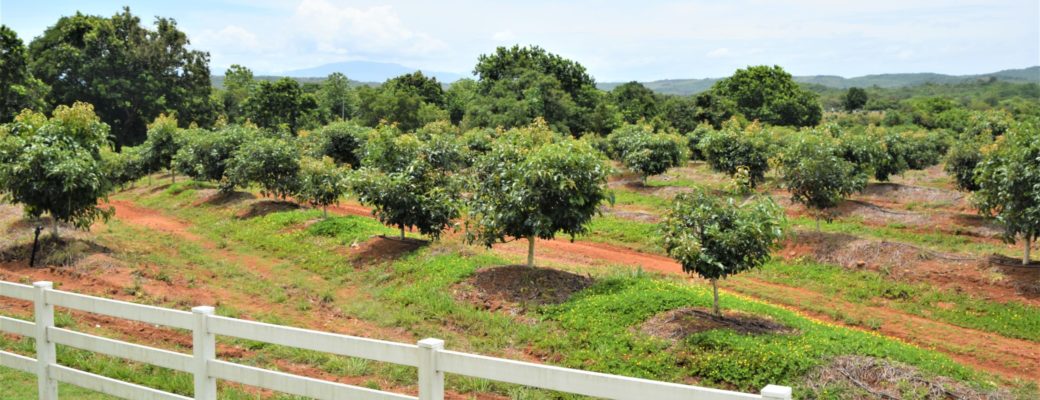

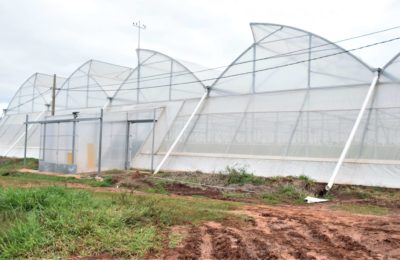

Thanks for your blog, nice to read. Do not stop.